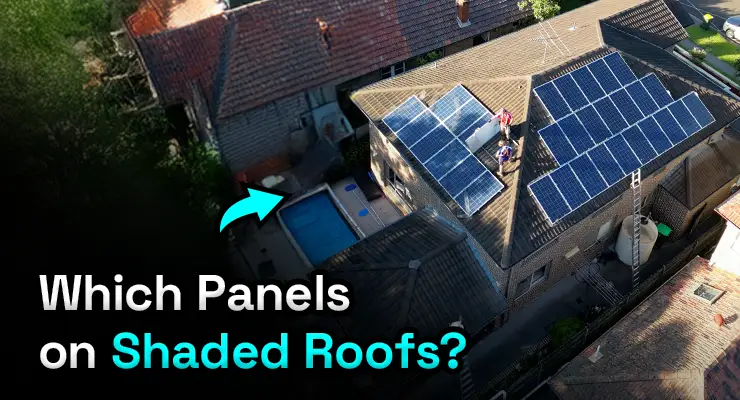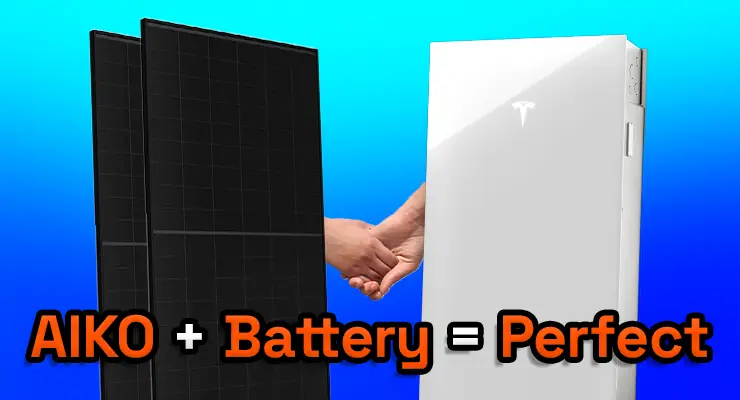Fast read
The solar system industry's inception through government incentives has led to the emergence of dodgy companies exploiting customers. Limited consumer awareness and the complexity of solar technology allow these unethical entities to target unsuspecting customers with false promises and low prices.
One reason is that there is not enough regulation in place to keep up with the fast growth of the industry. This allows dishonest companies to operate without much oversight.
In a competitive market, some companies may try to save money by using cheap installations and deceptive advertising to stand out. This can lead to subpar products and services being offered to consumers. These practices can harm both the reputation of the company and the trust of the customers. It is important for consumers to be cautious and do thorough research before making a purchase.
To solve the problem, improvements have been made to certify products, set installation standards, and establish a trusted solar retailer program.
However, we must continue to educate and enforce rules. This will help to decrease dishonest practices.
Why does dodgy solar still exist?
With the solar industry being born off the back of government rebates that have created thousands of dollars in savings for people investing in solar PV systems, there have been constant issues with dodgy solar companies entering the industry to take advantage. In many cases, to take advantage of the incentives, companies opt for negligent or illegal practices.
In this article, we explore the factors that have led to the persistence of such companies. Understanding these factors can help shed light on the challenges and gaps that have allowed their existence.
Limited consumer awareness and education
Solar technology and the related market dynamics can be complex, making it challenging for consumers to navigate. Shady solar companies target people who are not knowledgeable about solar panels, installation, or industry regulations. These companies attempt to sell their products in this environment. They take advantage of the lack of knowledge in these areas.
The lack of consumer awareness and education creates an environment where unscrupulous companies can exploit unsuspecting customers. False promises, unrealistic claims, and low prices may sway these customers.

Lack of regulatory oversight
One key factor that has allowed dodgy solar companies to persist is the lack of regulatory oversight. The solar industry has witnessed rapid growth, and regulations have struggled to keep pace.
In several regions, regulatory frameworks and enforcement are very limited and inadequate. This allows unscrupulous operators to exploit customers by using loopholes with minimal accountability.
So why do companies do this?
Fragmented market and high competition
The solar industry comprises several sectors, including manufacturers, installers, distributors, and retailers. The high competition within the industry creates intense pressure on companies to cut costs to help maximise their profits.
In such an environment, some companies resort to unethical practices. These include substandard installations, poor-quality products, and misleading advertising. Companies use these practices to gain a competitive edge over their competitors. The fragmented market and intense competition make regulating and monitoring every solar company challenging.
What has been done to combat “dodgy solar”?
The solar industry continues to grapple with dodgy solar practices and questionable companies. The sector has made changes over time to reduce dishonest behaviour and increase penalties for those involved.
The solar industry has made progress, but it still needs to work on removing unethical practices. It also needs to create a trustworthy environment that benefits consumers. This work must be ongoing in order to maintain progress in the industry.
Product certification
Over the last five years or more, there has been a significant increase in the amount of information that solar panel and inverter manufacturers have to provide. Solar products must provide sufficient information to be approved for use in Australia. They need to meet compliance and adhere to higher, more complex standards.
They must prove they are reliable and they must be able to provide warranty support. Furthermore, they must also have the necessary systems and processes in place to meet these requirements.
The authorities also conduct random panel testing to ensure products meet the prescribed standards. All producers have taken these actions to ensure the country’s high quality and reliability of solar products.

Installation standards, guidelines and certification
Installation guidelines and standards have been updated regularly. These changes increase the safety of installation practices and reduce dodgy solar installation opportunities. Several inspection programs around the country have enforceable consequences, including loss of licence for serious issues. While some argue that adequate enforcement is lacking, authorities have acted and de-registered certain installers and companies.
The accredited solar retailer scheme
The accredited solar retailer scheme aims to enhance solar companies’ service quality and compliance. Although there has been mixed support, proponents argue it has made a difference. On the other hand, critics contend that the oversight and enforcement of these regulations and standards have been lacking.
While it would be ideal to eliminate dodgy solar practices within the industry, it is not realistic. Being able to restrict dodgy solar practices also makes it more difficult for good companies. The key is to teach people about solar energy. This will help them understand what to look for and what to be cautious of when purchasing and installing solar panels.



